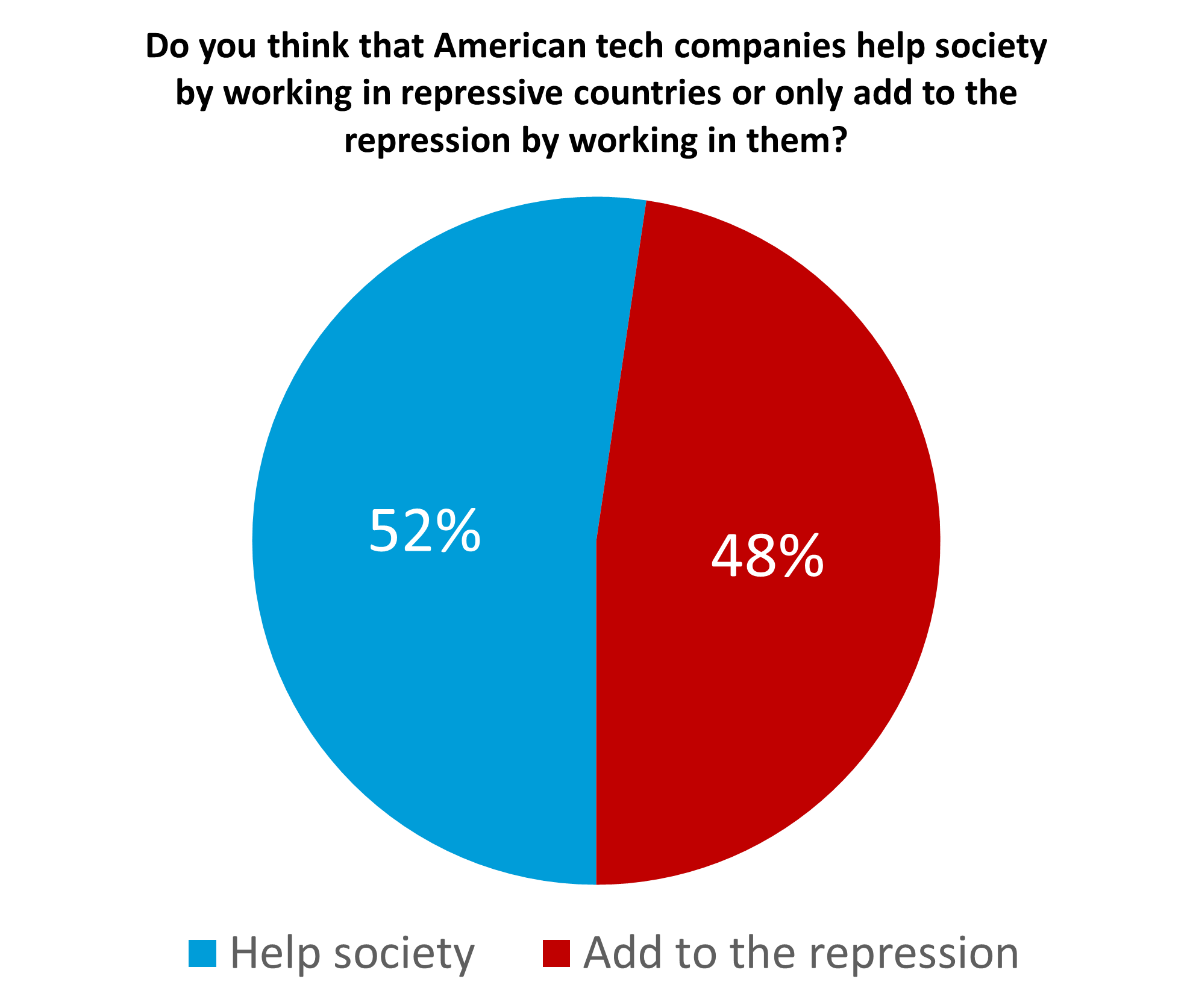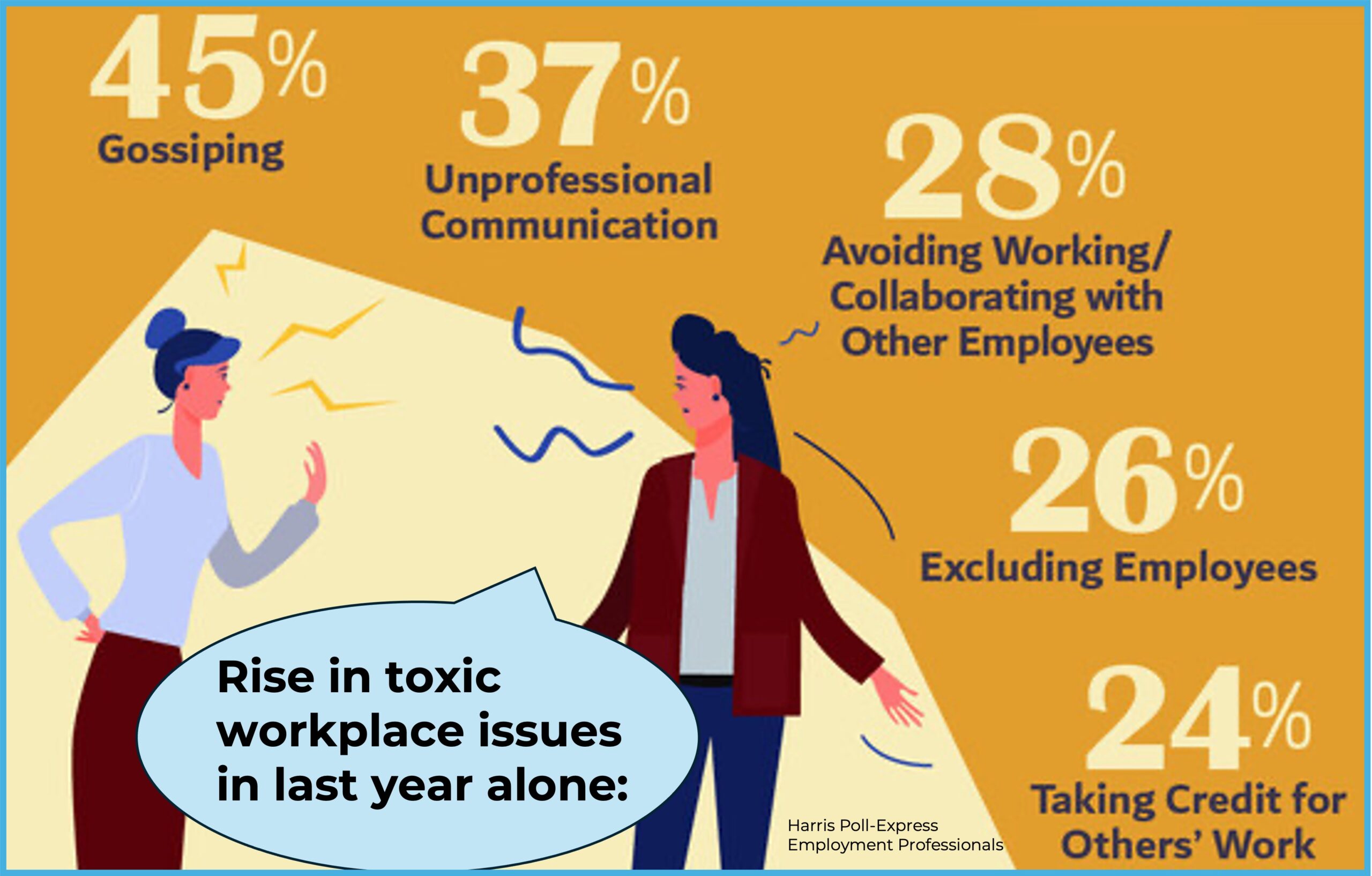Thought Leadership
Hitting the Mark: Business Leadership During Russia-Ukraine War
Welcome to Hitting the Mark – a critical analysis of developments at the intersection of business, marketing, and politics meant for the modern C-Suite. For our inaugural edition, I tackle the issue keeping leaders awake at night: Russia’s war against Ukraine. Brand leaders: did you ever anticipate you’d be drafted into a war? Well, you have. And here are some thoughts on what to do.
Over two months into Russia’s brazen assault on Ukraine, brands are the newest foot soldiers in the economic warfare the U.S. is waging to isolate Putin and his regime from the rest of the world. The United States has decided it is too dangerous to confront Putin directly, instead electing to levy crushing economic sanctions on the country and encourage U.S. business leaders to do the same. Should U.S. corporations participate in this economic warfare against the Russian people? So far, the answer is a clear yes. Typically, involvement in political issues splits a company’s consumers; in contrast, this move appears to be bringing consumers together.
Unprecedented Consensus on Brand Withdrawal
Per a recent survey by HarrisX into voters’ perceptions on the ongoing Ukraine conflict, about 80% of voters believe all American companies should stop doing business with and in Russia. That holds across two key segments we polled for: tech companies and fast-food companies. Further, 90% of American voters agree that Putin has committed war crimes for his role in the invasion of Ukraine.

Of course, this decision is easy for companies who have little or no operations in Russia. It is more difficult for those companies that have made a major investment in the country. They may have thousands of employees, stores, and other investments. What will happen to those assets? Will they have an opportunity to re-open operations if peace is achieved? These are difficult questions given the larger ramifications those decisions have.
Given the illegal and immoral actions of Putin’s unrestricted shelling of innocent civilians, an overwhelming number of well-known brands have either pulled out of Russia or suspended operations there. Morality surely swayed many; Anonymous, the hacker group, also threatened cyber-attacks against companies that did not withdraw. In the U.S., the sentiment is so strongly in favor of Ukraine and against Russia that any company remaining in the region is likely to draw significant consumer and media disapproval. Watch Nestle closely: the brand took a middle ground, announcing it would continue to sell baby food and products while pulling out of more indulgent lines like KitKat, and are donating any profits to the Ukraine relief cause.
Tech in Hot Water
Tech companies are as likely to be banned by Russia as they are to ban operations in Russia. Tech companies have generally focused on US internal political battles and yet carried the accounts of the Ayatollah Khomeini of Iran on an unfiltered basis. RT, a U.S.-based news operation that really was a Russia propaganda front, operated online here for years without interruption. By continuing to operate, tech companies argue they are serving as a communications channel into Russia. At the same time, they could be vehicles for the spread of Russia propaganda. As of now:
- Facebook is banned in Russia while Goggle continues to operate there in limited fashion.
- Google News has been banned though it appears search is still operating. Google advertising has been shut down voluntarily.
- YouTube is operating but they have prevented the Russian military from posting videos of “liberation” on the site and so is under threat of being banned by Russia.
Business software companies like Salesforce, Slack, Dell, Microsoft and IBM stopped selling to new customers while supporting old ones for now. Many had policies of not doing business with the Russian military in any event. Perhaps the single most significant help from tech companies for Ukraine is the deployment of Starlink satellites by Elon Musk. These provide an uncuttable lifeline to the Ukrainian people and government to stay connected and communicate to the outside world.
Et Tu, Vodka?
Then there are the companies – especially vodka companies – that have for years traded on the idea they were Russian in origin, now communicating with consumers that they were really American or European after all. This is some careful marketing legerdemain.
Companies will not be able to right every wrong, and as a matter of policy we have encouraged companies to operate in areas like China as part of showing other cultures how democracy, and economic freedom work together. There is now far less belief that by working with rogue regimes, we can change them; 3 In 5 Americans in the latest HarrisX poll now reject that strategy and believe we are better off disengaging.

When President Bill Clinton addressed the conflict in Kosovo, a non-NATO country, in a speech that I helped work on, he argued stopping the atrocities against civilians there was an imperative because 1) it was morally right and 2) it was within our capacity to fix. The situation in Russia is similar as there is no real moral issue or debate – this is clearly naked and unjustified aggression on a scale we have not seen since World War II. American companies should feel confident that pulling out of their Russian operations will by and large not hurt their American operations. This is both the right thing to do and what is within our capacity as business leaders to do.
Have thoughts about the Russia-Ukraine war, brands’ responsibilities in it, or corporate purpose? Email me at mark.penn@stagwellglobal.com.
Related
Articles
Events, In the News, Press Releases
Apr 09, 2025
Stagwell (STGW) Unveils New SPORT BEACH 2025 Athletes and Brand Partners Including Erin Andrews, Sir Mo Farah, Chris Paul, Alex Rodriguez, George Russell, Charissa Thompson and More

In the News, Weekly Data
Apr 03, 2025
WHAT THE DATA SAY: 62% say companies need signage to “remind people to be nice”
The rise of poor behavior in the workplace is pushing…
In the News, Marketing Frontiers, Press Releases, Stagwell Marketing Cloud
Apr 02, 2025
The European Commission Expands its Partnership with UNICEPTA by PRophet to Include Media Analysis






